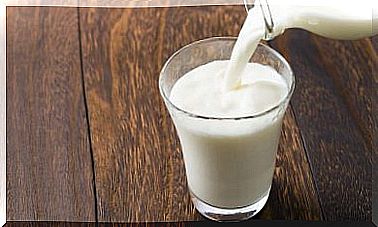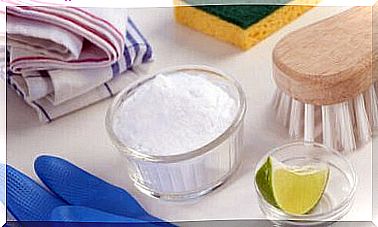Can Stress Cause Skin Blemishes?
The impact that our emotions have on the skin is significant. Sometimes, we are not aware of how psychosomatic illnesses caused by stress and anxiety processes can change our lives.
The hectic pace of life, being nervous and constantly on the move, pending a million things, makes our body undergo changes. L adrenaline and all those glucocorticoids such as cortisol produce organic and physiological changes that affect health. Also to our skin.
It is well known that stress is an automatic response of our body to certain “threats” and that therefore makes us more alert to any situation. What happens when stress reaches extremely exaggerated and sustained levels is as serious as it is dangerous.
We experience digestive disorders, tachycardia, headaches … Thus, one of the most notorious alterations is that which affects the skin. The hormonal imbalances, poor blood circulation and produce toxins damage accumulation in our dermis.
Do you know what psychodermatology is?
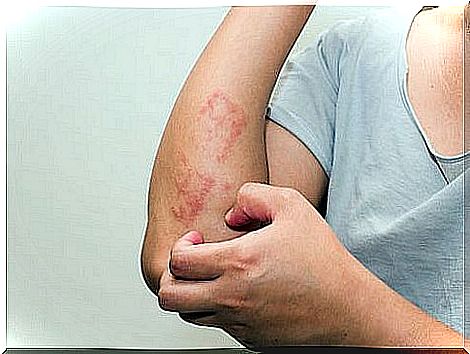
The skin is our largest organ and therefore, it is one of those that undergoes changes in the first place in situations of high stress and maintained over time.
The most common symptoms are:
- Stains
- Redness
- Acne
- Rash
- Urticaria
It can also aggravate existing illnesses such as herpes or psoriasis. Just as nerves affect our stomach, stress affects our skin. Tiredness, fatigue and insomnia produced by being stressed make the dermis look sickly and age much faster.
In fact, this is what the University of San Diego, in California, has shown through a study where the direct relationship between stress, inflammation and skin diseases became clear.
Likewise, doctors Korabel, Dudek and Jaworek, from the University of Krakow, found that between 30% and 60% of people who have a dermatological problem is due to an untreated psychological problem. This is where a subfield of dermatology called psychodermatology starts from .
Its main function is to find alternative methods to treat patients with chronic stress characteristics.
How does the skin react to stress?
There is a hormone (glucocorticoid) in the body called cortisol, which is overproduced when we are stressed.
This is the main cause of skin symptoms, as it increases sebum levels and, consequently, the presence of bacteria.
In addition, cortisol promotes inflammation and suppresses the immune system. As you can see, it is not recommended for your skin.
It seems that the skin defends itself in the presence of a psychopathological state by implementing a series of strategies that, in reality, do not benefit it at all.
Stains
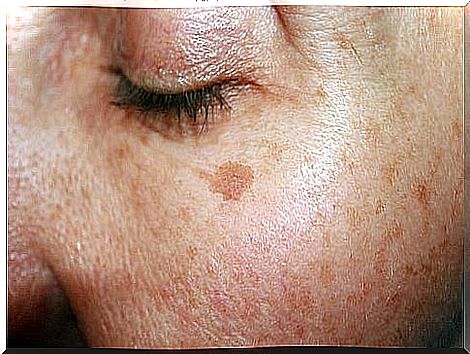
They can occur almost anywhere on the body, although they are more common on the face, cheeks, and forehead.
They can vary in size and color but tend to be reddish and with a particular texture.
Dandruff
Believe it or not, dandruff is a dermatological problem located on the scalp and yes, it can appear due to stress.
As we have pointed out previously, when we are stressed, cortisol production increases and this in turn produces sebum. This is the cause of dandruff due to its large amount present on the scalp.
It has been shown that being stressed for a long period of time can weaken our hair.
This causes hair loss and, in extreme cases, alopecia.
Urticaria
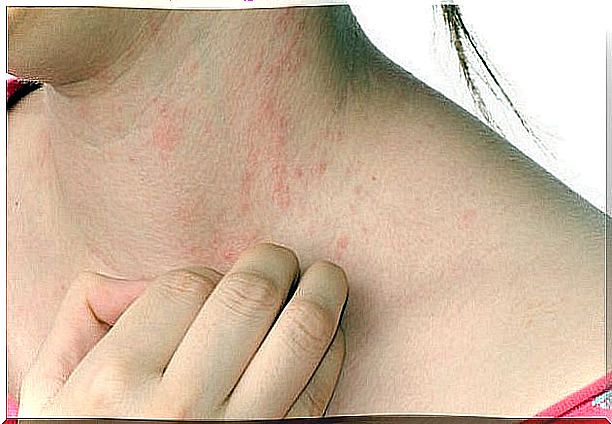
Hives occur due to increased histamine production.
This can occur in a stressful situation, and cause itching and burning of the skin.
Sweating
Stress produces high adrenaline surges, which can cause hyperhidrosis.
As a curious fact, we will tell you that sweat secreted in stressful situations may have a worse odor than normal.
Treatments for stress-affected skin

The first thing we recommend is that you consult with your doctor about the symptoms that you are presenting so that they can indicate a treatment. Our family professional should undoubtedly refer us to a dermatologist, however, it is essential that we do not neglect the cause of these skin alterations.
If you lead a life with a lot of stress and you notice that when you have the most stress, these symptoms appear, you should begin to analyze what is happening and how to reduce it. In these cases, there are psychologists who are experts in psychosomatic disorders who can help us.
On the other hand, you can also help your skin fight stress:
Hygiene
Keeping your skin clean of impurities helps prevent excessive sebum production. This will decrease the appearance of pimples or acne.
Keep hydrated
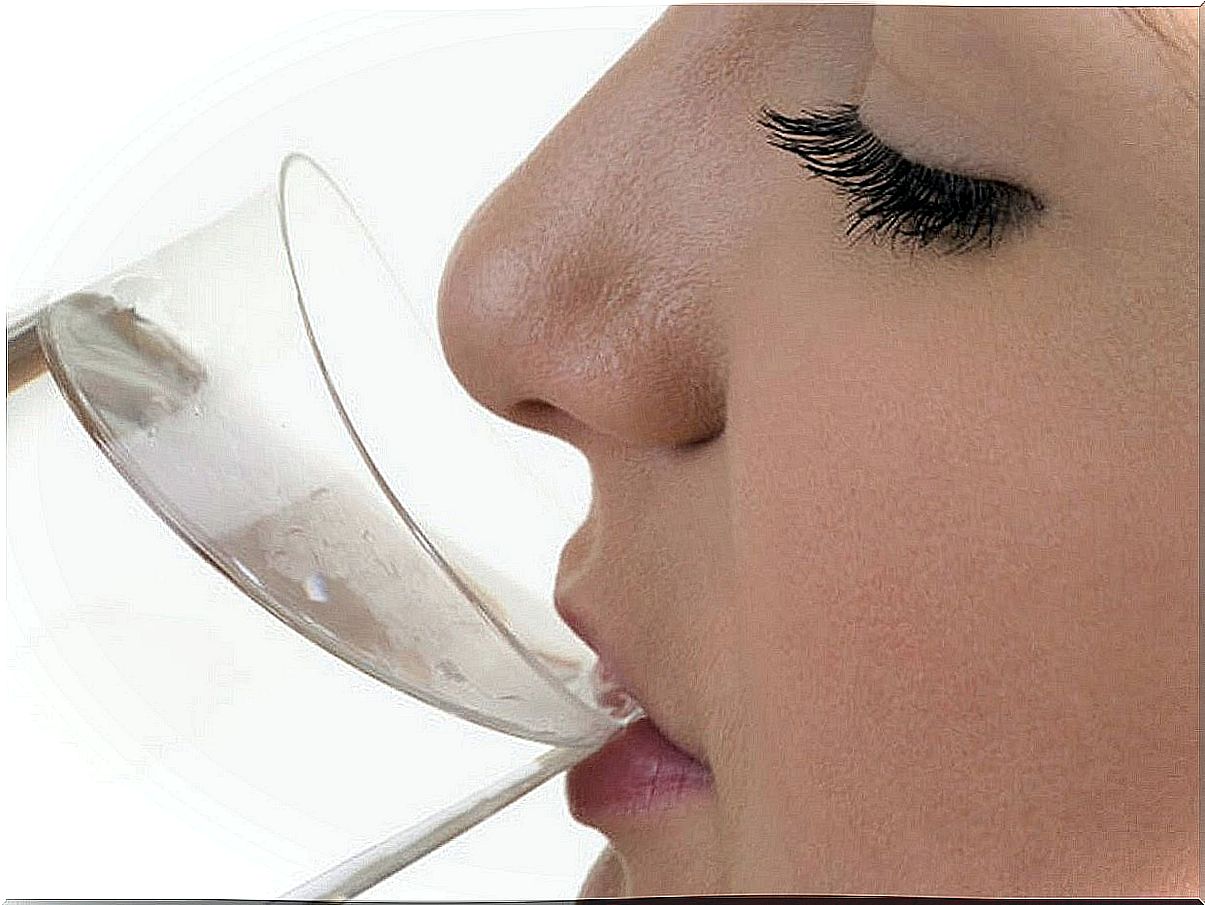
Drinking enough water helps the body stay healthy in many ways.
Water helps release toxins that can be harmful to the skin. We recommend that you drink at least one and a half liters a day.
Moisturize your skin
Use moisturizers that are light and don’t clog your pores. Apply it every day after bathing.
If you have excessive dryness, apply the cream twice a day. You will see how your skin will be brighter and much more hydrated.
If you discovered that your skin problems are caused by stress, find ways to try to be more relaxed.
You can do yoga, prepare chamomile infusions, take a few drops of valerian and improve your sleep routine. Try to comply with the 8 hours of rest.








